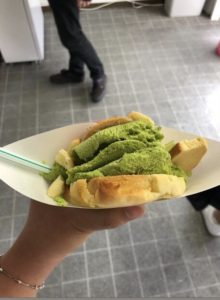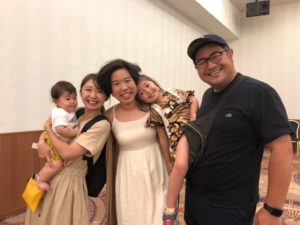I interviewed three people for this prompt, my 26-year-old female Japanese teacher, a 20-year-old male Japanese university student, and an 18-year-old female Japanese university student. In general, they all have positive attitudes towards the US, specifically in terms of diversity and openness of the American culture. The people I have spoken to all have different experiences and exposure towards America that form their opinion of the United States.
My teacher, who has first-hand experience studying and working in the States conveyed a specific point of view where she said that America provided a more diverse and lively community in comparison to the uniformity of Japanese culture. She mentioned that it was easy to interact with people from all over the world, with different backgrounds and cultures, because everyone knew English. However, throughout her experience living there, she pointed out that racial discrimination was the issue that most serious issue she faced.
The perspective of the two university students I interviewed seemed to differ. Both university students did not quite agree with the notion of civilians owning guns because it was a danger to society in general. Interestingly, both university students also had negative opinions on President Trump. The male student claims that he ruins the image of America while the female student thinks that President Trump talks too much. In addition to that, the female student pointed out about the expensive school tuition American schools have. From their answers, I believe that it shows how American culture tends to be very individualistic, in terms of freedom of speech and the right to bear arms. This contrasts to the Japanese culture that I have observed throughout the program where it focuses more on the community and being courteous to others. Overall, it was interesting to hear about their perspective on America and to observe the differences between the two cultures.

